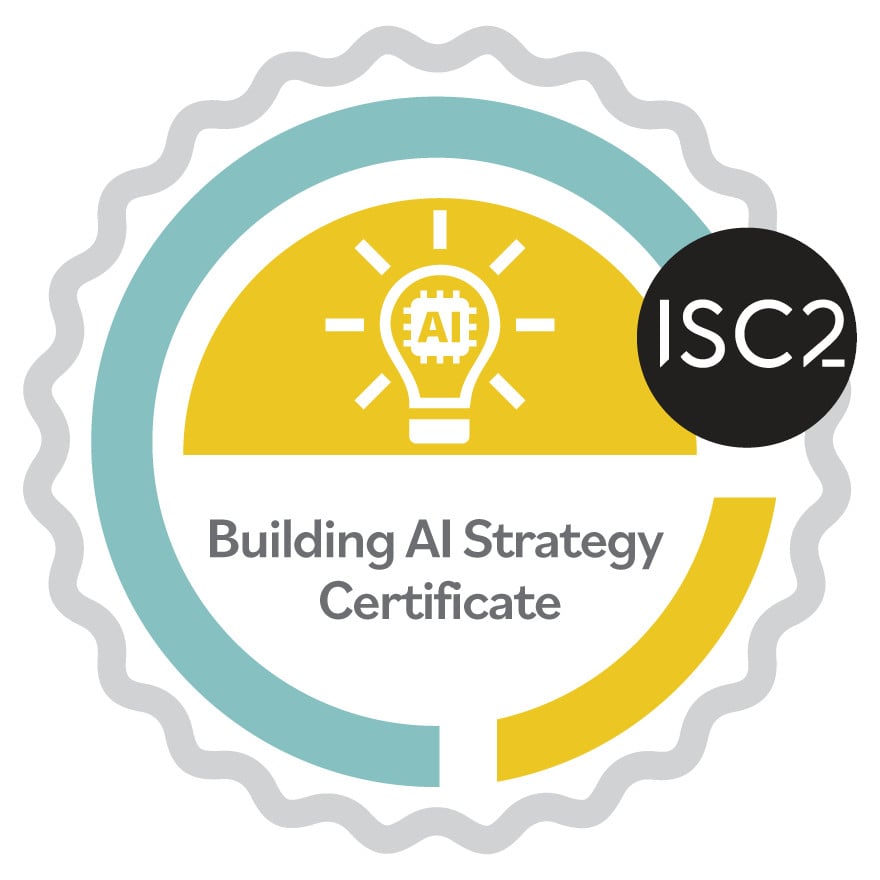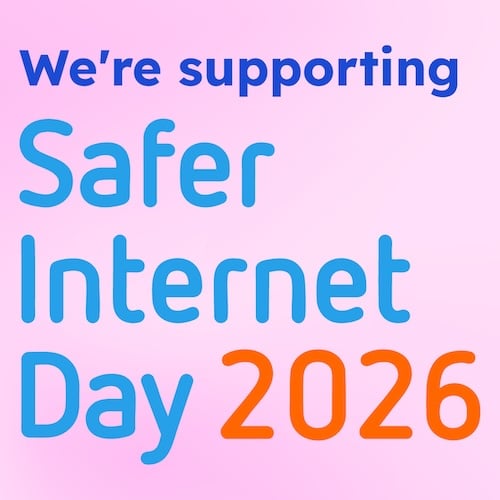Artificial intelligence (AI) brings a much-needed and effective tool to cybersecurity by automating threat detection, analysis and response. Like any tool used in complex environments, AI needs to be properly understood so cybersecurity professionals can use it to maximum effect and avoid over-reliance on technology alone to do the job.
Understanding how AI works – its requirements, challenges, and effects on IT and cybersecurity environments – is essential for protecting organizations as it becomes more and more prevalent. Cybersecurity teams need to know how to use AI in cybersecurity and how AI applications impact the entire IT infrastructure. 88% of cybersecurity professionals are seeing AI impact their existing roles, according to a report.
It falls on IT and cybersecurity teams to ensure AI is implemented and governed securely. Teams must learn the complexities of aligning an AI security framework with the overall cybersecurity apparatus. This means more than simply learning about AI technologies; it also requires understanding how the technology impacts the attack surface.
AI creates a new layer that threat actors can exploit by manipulating models and feeding them bad data to generate undesirable results and desensitize detection. Knowing how to address these dangers and how AI affects relevant compliance requirements are essential to an effective security posture in the Age of AI.
New AI Certificate and Courses
AI is inevitable, whether in cybersecurity or other IT functions. ISC2’s new Building AI Strategy Certificate provides cybersecurity professionals with fundamental AI knowledge to build effective defenses, align with global standards and drive ethical, secure AI adoption across organizations. Earning the certificate requires completion of six courses totaling 16 hours of learning.
Here is the list of courses for the Building AI Strategy Certificate, available individually or as steps toward earning the certificate:
- AI for Cybersecurity – Understanding AI’s role in cybersecurity and the implications of traditional and AI-specific security approaches towards security risks.
- AI Security: Managing Overconfidence – Optimizing AI-powered security while maintaining critical human oversight.
- Aligning with Global AI Regulations – Understand the complexities of aligning AI security frameworks with overall cybersecurity principles, comparing specific frameworks and standards.
- Foundations of AI – Learn about AI security fundamentals and establish a comprehensive definition of AI to grasp the impact of AI applications and implementation.
- Planning for Secure by Design AI – How to build security into AI operations through a strategy-focused perspective. Understand secure AI implementation and the complexities of integrating traditional cybersecurity principles with AI governance frameworks.
- The Evolving Cybersecurity Workforce – Reviewing the impact of AI on the cybersecurity workforce by exploring the leadership considerations and strategies of AI’s influence on the cybersecurity workforce.
For more information on certificates from ISC2, visit https://www.isc2.org/professional-development/certificates.



